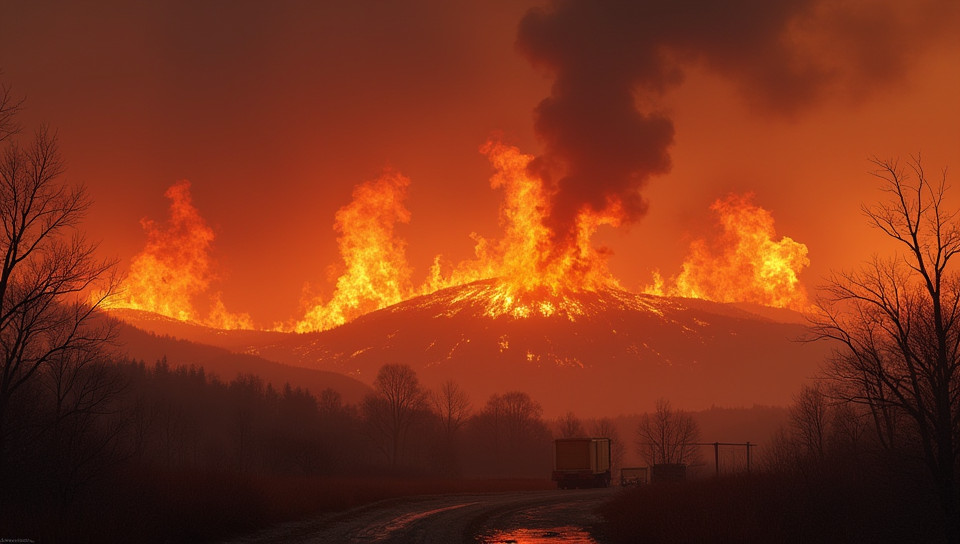Some fires are not caused by industry 75%

The Hidden Truth About Fire Causes
As we delve into the world of environmental disasters, it's easy to point fingers at industrial activities as the primary culprits behind devastating fires. However, the truth is that not all fires are caused by human error or negligence in industries such as manufacturing or energy production. In fact, some of the most destructive and widespread fires have been sparked by natural causes.
Natural Fire Causes: The Unseen Enemy
While industrial accidents do contribute to a significant number of fires, it's essential to acknowledge that lightning strikes, wildfires, and other natural phenomena can also ignite massive blazes. These events are often unpredictable and uncontrollable, making them just as destructive as their human-caused counterparts.
The Role of Climate Change
Climate change has been linked to an increase in extreme weather events, including droughts, heatwaves, and intense thunderstorms that can spark wildfires. Rising temperatures also lead to drier conditions, creating a perfect storm for fires to spread quickly. It's crucial to recognize the role of climate change in exacerbating natural fire causes.
The Importance of Fire Prevention
While it's impossible to eliminate all fire risks, understanding the complexities of fire causes can inform more effective prevention strategies. By acknowledging that some fires are not caused by industry, we can shift our focus towards education and awareness about natural fire hazards. This includes:
- Conducting regular risk assessments in areas prone to wildfires
- Implementing sustainable land management practices
- Educating communities on wildfire preparedness and evacuation procedures
Conclusion: A More Nuanced Approach
As we strive to mitigate the devastating impact of fires, it's essential to adopt a more nuanced understanding of their causes. By acknowledging that not all fires are caused by industry, we can work towards a more comprehensive approach to fire prevention and management. This includes addressing climate change, promoting sustainable practices, and educating communities about natural fire hazards. Only through this holistic approach can we hope to reduce the risk and impact of fires, ultimately saving lives and preserving our environment for future generations.
- Created by: Ambre Moreau
- Created at: Nov. 29, 2024, 1:08 p.m.
- ID: 16341








